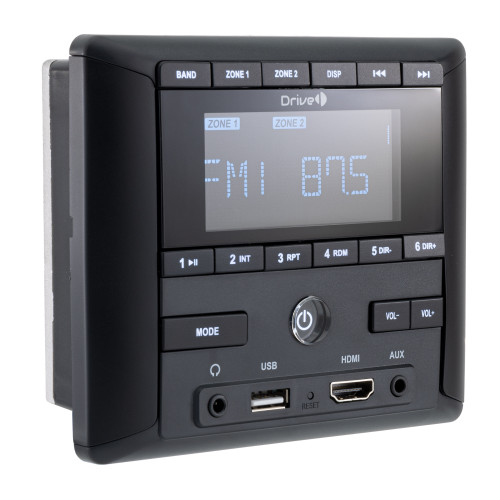eXodus
Solar Addict
- Joined
- Jul 27, 2020
- Messages
- 1,482
Currently looking into moving to a new property (likely a blank Canvas)
Been doing a bunch of calculations on the power system, and since I'm getting all new everything.
I was wondering if instead of paying for a big inverter (AOI) - should just get all DC appliances and potentially a small inverter?
Just a few comparison:
The smaller inverter and DC appliances should be more efficient - so I could also potentially save on battery capacity and solar.
The 6500W using about 80W continuous- the 3000w - only 40w or less standby.
Which means - 2kWh vs 1kWh. / 24h
What I like about the DC-approach is:
- it enables multiple redundancies. I can have parallel batteries, MPPTs, and every appliances is on their own. While with a central inverter - you always have a single point of failure.
- higher efficiency
- No permits necessary when no 110V (this could be a massive cost and time safer)
Just not sure about the conversion waste from 48V to 12V compared with the efficiency of 48->110V ?
At this point 12V is only for the fridge and lighting. There are 48V fridges - but very expensive and many of them are not "native 48V" so the just have an 48V-12V step down behind them.
Been doing a bunch of calculations on the power system, and since I'm getting all new everything.
I was wondering if instead of paying for a big inverter (AOI) - should just get all DC appliances and potentially a small inverter?
Just a few comparison:
| DC - Living | |||
| Appliance | Cost DC | Cost AC | |
| Refrigerator 10 cu | $900 | $800 | 12V |
| Heatpump 24000 BTU | $3,000 | $2,500 | 48V |
| 100W USB-C charger | $35 | existing | 12V |
| 100W USB-C charger | $35 | existing | 12V |
| Well Pump | $90 | $200 | 48V |
| Pressure Pump | $200 | $200 | 48V |
| MPPT 100A 500V | $400 | 48V | |
| Inverter/Charger AIO 6500W | $1,300 | 48V | |
| Total | $4,660 | $5,000 | |
| Microwave | $335 | $100 | 12V |
| Refrigerator Side by Side 16cu | $2,100 | $1,500 | 12V |
The smaller inverter and DC appliances should be more efficient - so I could also potentially save on battery capacity and solar.
The 6500W using about 80W continuous- the 3000w - only 40w or less standby.
Which means - 2kWh vs 1kWh. / 24h
What I like about the DC-approach is:
- it enables multiple redundancies. I can have parallel batteries, MPPTs, and every appliances is on their own. While with a central inverter - you always have a single point of failure.
- higher efficiency
- No permits necessary when no 110V (this could be a massive cost and time safer)
Just not sure about the conversion waste from 48V to 12V compared with the efficiency of 48->110V ?
At this point 12V is only for the fridge and lighting. There are 48V fridges - but very expensive and many of them are not "native 48V" so the just have an 48V-12V step down behind them.
Last edited:




